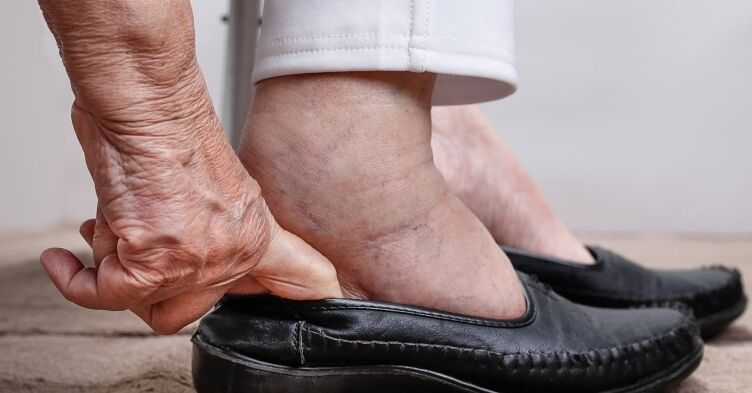The risk of heart attacks for patients with undiagnosed chest pain could be reduced as a result of research that could support GPs to identify high-risk patients.
People who visit their GP surgery with unexplained chest pain often leave with no answers and do not receive a diagnosis. A risk calculator developed by researchers at Keele University offers a clear picture of factors that put patients at high risk of developing future heart and circulatory diseases.
The findings published in the European Journal of Preventive Cardiology may support GPs to undertake preventative treatment to reduce heart issues, such as prescribing statins for patients or offering lifestyle advice.
At least one million adults in the UK visit their GP practice every year because of chest pain. However, most of these patients do not receive any further care because the cause of the chest pain remains unattributed, despite research showing that many of these patients are at a higher risk of future heart health problems than those without.
Using anonymised information from the health records of over 600,000 people registered at GP practices in England who had unattributed chest pain between 2002 and 2018, the researchers developed a set of tools to identify patients at high risk of future heart problems. The records, tracked for a median of five years, were linked to hospital and mortality data, providing data on hospital admissions and deaths from cardiovascular disease.
The findings showed that people with diabetes, atrial fibrillation and those treated with high blood pressure were at the highest risk of developing heart and circulatory diseases. In addition, nearly half of those at the highest risk smoked or were obese. Further modelling showed that if healthcare workers were able to support obese smokers to quit smoking and lose weight, they would reduce their ten-year average risk of heart issues from 22 per cent to around 16 per cent.
The researchers also found that current future heart health predictors used by GPs underestimated the risk. According to current risk calculators, one-third of patients with a ten-year risk of less than ten per cent had a more than ten per cent risk in the new model.
Professor Mamas Mamas, a professor of cardiology at Keele University and consultant cardiologist at University Hospitals of North Midlands NHS Trust, said: ‘Even without a diagnosis, chest pain should act as a warning sign that patients could benefit from taking steps to reduce their risk of future health problems.’
‘Here, we’ve shown that it is possible to identify people at high risk using just the information in their health records. We hope that these findings will be the first step towards better management of risk factors in this group, motivating patients to adopt a healthier lifestyle and encouraging doctors to act early.’
More work is needed if the new risk calculator is to be used by clinicians, but the researchers hope that the study will help identify early warning signs and allow healthcare workers and patients to prevent avoidable heart attacks in the future.







